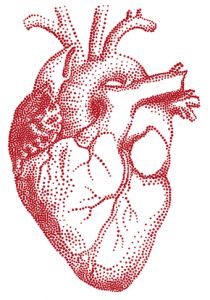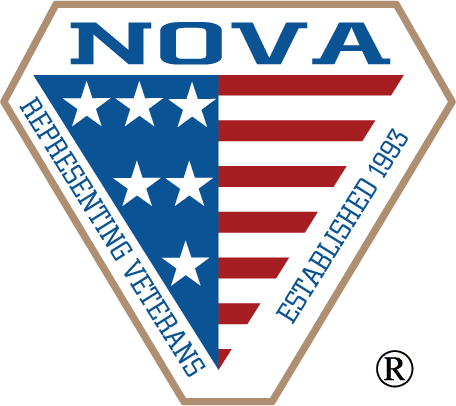Are you a veteran with a mild to moderate heart disability that is or should be service connected? I want to be sure you are aware of some objective tests that can help you win a 30% VA heart disability rating.
If you read our last article about left ventricular dysfunction, you learned that ejection fraction is a measurement that can determine the extent of the left ventricular dysfunction in your heart and how well your heart pumps blood.
But, ejection fraction measurements are only relevant at the 100% and the 60% disability rating levels. That means it applies only to those veterans whose VA heart disabilities are moderately severe to severe.
So, what if you have a VA heart disability but it is not serious enough to qualify for one of the two highest possible ratings? Below the 60% level is the 30% VA heart disability rating. There are a couple of different ways that you and your cardiologist maybe able to use other diagnostic tests to prove you are entitled to a 30% VA heart disability rating for your service connected heart disability.
30% VA Heart Disability Rating Based on Cardiac Hypertrophy or Cardiac Dilatation
You should be granted a 30% VA heart disability rating if you are able to establish you suffer from cardiac hypertrophy. Cardiac hypertrophy is a thickening of the heart muscle. This thickening causes the inside cavity of the heart to decrease in size, which means reduced volume. To put it another way, imagine a normal tennis ball, and then another tennis ball with extra layers of rubber on the inside. That second tennis ball will hold less air because there is less space due to the extra rubber. The same is true with a heart showing signs of cardiac hypertrophy; it has a diminished ability to hold and pump blood.
A thickened heart muscle is the one of the ways to get to a 30% VA heart disability rating. The second way is cardiac dilatation, which is another structural change in the heart itself. Whereas cardiac hypertrophy is a thickening of the heart walls, cardiac dilatation is basically the opposite. It is an enlargement of the heart cavity and a thinning of the heart walls. Think of a balloon that is filled with air. As more and more air is pushed into the balloon and the inside volume increases, the walls of the balloon begin to stretch and thin.
Three Tests to Establish a 30% VA Heart Disability Rating Based on Changes in the Heart Muscle
Whether you suffer from cardiac hypertrophy or cardiac dilatation, you will need objective, diagnostic testing to establish that fact. In other words, an in office examination by your cardiologist will not be sufficient. So, if your doctor tells you that he or she believes you have an enlarged heart or thickening of the heart muscle, you will need him or her to perform one of the specified diagnostic tests to confirm it.
The VA ratings criteria allow you to establish these changes in the heart using any of three diagnostic tests. They are electrocardiogram, echocardiogram, and x-ray. If one of these tests shows either of these problems, you qualify at the 30% VA heart disability rating level. It does not matter how mild or severe the hypertrophy or dilatation is.
Yet Another Test to Get a 30% VA Heart Disability Rating
Another way to get a 30% VA rating for a heart condition is with a stress test. If you recall our earlier article on the symptoms based method for rating heart conditions, VA can determine what cardiac related symptoms you experience at various levels of physical exertion. Those symptoms include dizziness, fainting, chest pain, shortness of breath, and fatigue.
With a treadmill stress test, your doctor (and VA) can accurately determine your level of physical exertion. That means they can establish your exact METs level where you begin to be symptomatic. It is an objective test because they can test you at increasingly faster paces on the treadmill and record the findings at each pace. That means the doctor will know exactly how hard your heart is working at the time your symptoms start.
The treadmill stress test can be especially useful for those who have mild or moderate heart problems because they may just barely qualify for a 30% VA heart disability rating. Any error can mean the difference between winning and losing that 30% rating, and the stress test can remove that room for error.
In my opinion, this is a much better way to assess the heart’s function accurately instead of the “interview based method,” which is where the doctor asks you questions about various forms of activity and whether those activities cause you problems.
Getting a test to prove changes in the heart muscle or getting a treadmill stress test to prove symptoms at certain levels are both ways to establish mild to moderate heart problems to help win a 30% VA disability rating.







